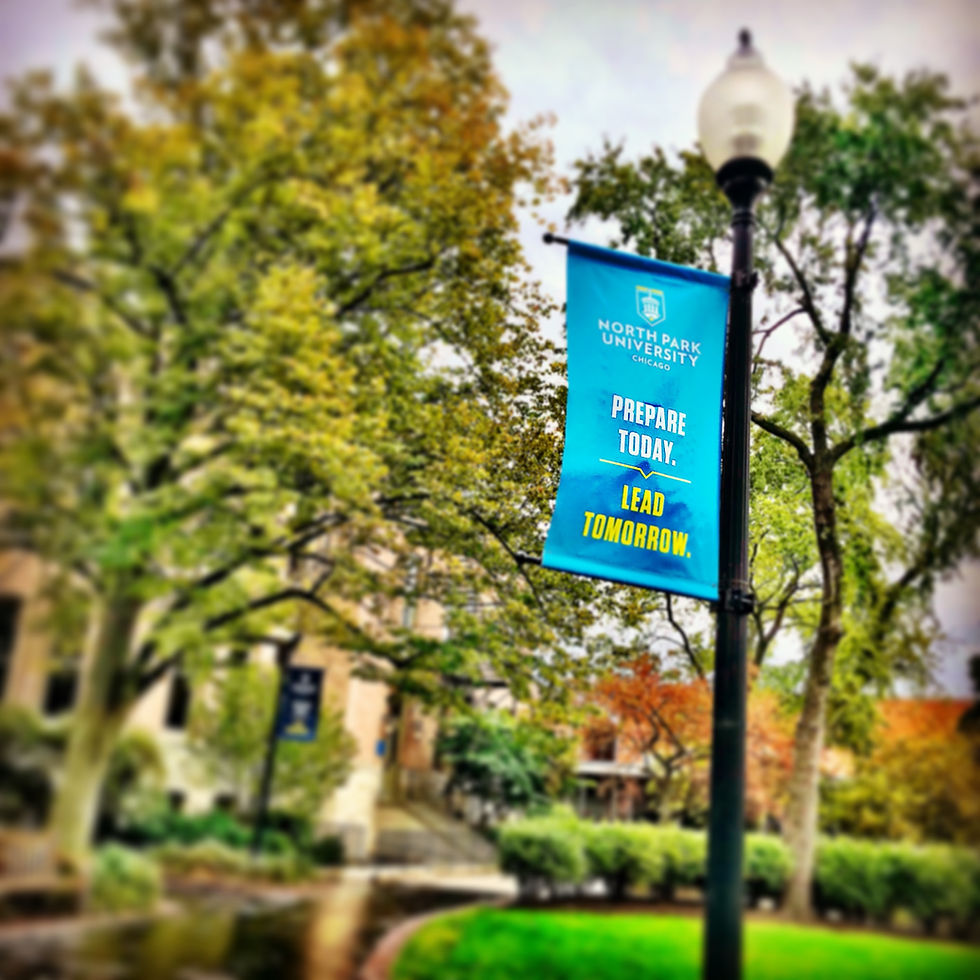The Plan
- Dr. Renée-Paule Gauthier
- Sep 15, 2015
- 3 min read
Planning is bringing the future into the present so that you can do something about it now. -Alan Lakein
In the last entry, I suggested that you take some time to reflect on where you stand and where you want to go. Now that you have the picture, you have to think of your plan. I agree with the technique presented in almost every self-help book, which is to put your plan on paper and to break long term goals into short-term, achievable increments.
If you don’t know where to start and you are not too sure how to move forward, you might want to consider finding a mentor. Most of you already have one—your private teacher. Your teacher will, without a doubt, be more than happy to answer any question you have and to help you establish your plan and follow through with it (sometimes, for your own good, in spite of yourself!).
If you want even more input, think of someone who lives the life you dream of living and reach out to him/her. Ask them out for coffee and pick their brain on their personal strategies to achieve success. What did they do to get where they are? What did they have to sacrifice? What qualities were essential in their success? What did they learn from their mistakes? What mistakes should you avoid? What did they learn from their successes? What steps should you take?
If you dream of becoming a performer, your plan should probably include enrolling in undergraduate and graduate school, attending summer festivals, participating in workshops, competitions, and/or masterclasses, and cultivating the habit of attending professional performances. If you are more inclined to evolve in music education, your path would be similar, but with a focus on the pedagogical aspect of music making.
Also, please keep in mind that a plan is a great thing, but do not get narrow minded and stick blindly to it. Life is flux. A good plan is flexible and adapts to obstacles as well as to unforeseen opportunities. Please do understand that you will absolutely face dead-ends and that very hard work will have to be put in. Do not let roadblocks keep you from your destination! Remain strong, lick your wounds, roll up your sleeves, and get back at it! But do stay keenly aware of opportunities that might come your way and be open-minded to modify your plan as you go.
Keep your plan nearby and look at it often. Periodically reassess the situation and make sure that the plan is still consistent with what you want and who you are.
With your plan on paper, now comes the most important part of a plan: acting on it! The words on the page will never come to life unless they materialize through your actions. As Tony Robbins puts it: The path to success is to take massive, determined action.
Actions take courage, determination, and consistency. You will have to practice, study every angle of your craft, learn new skills, play for auditions, concerts, and juries, send out resumes, write letters, fill out grant applications, develop friendships, seek opportunities, and nurture your health. Keep your goals in mind, follow your plan, and do not fear hard work! Now go out there, be proactive, and make it become a reality!
In the studio this week: “Focus on the frame of the left hand.” “Recommit to each note!” “Slow is fast! When you go slowly and meticulously, your reach your long term goal faster! Fight impatience!”
Related readings: http://www.going-to-college.org/myplace/goals.html, http://www.myrkothum.com/goal-setting/
(Next time: The Schedule)




Comments